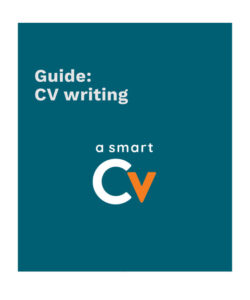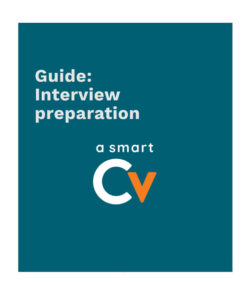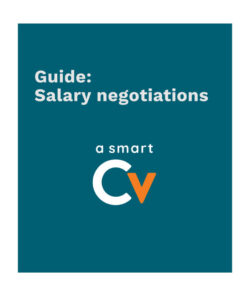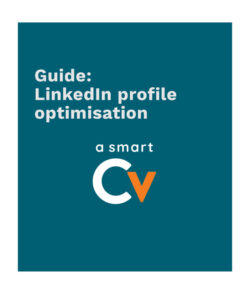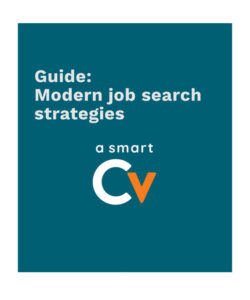When to Include a Cover Letter
Always include a cover letter when explicitly requested, when applying for roles requiring strong communication skills, when making a career change, when you have employment gaps to explain, or when you have a genuine connection to the company. Conversely, you might skip it when applications specifically state “no cover letters” or for highly technical roles where communication skills are less central.
Crafting an Effective Cover Letter
A compelling cover letter should be concise (one page maximum) and follow a clear structure:
- Professional formatting with your contact details, the date, and proper salutation
- A compelling opening that avoids generic statements and instead demonstrates enthusiasm for the specific company or highlights your most impressive relevant achievement
- Value proposition showcasing 2-3 specific examples directly related to their requirements, ideally with quantifiable results
- Genuine motivation explaining your interest in this specific role and company
- A confident call to action expressing interest in further discussion
For UK employers, strike a tone that balances professionalism with personality—confident without arrogance, enthusiastic without desperation, and concise rather than verbose.
Common Pitfalls to Avoid
Steer clear of generic templates, verbatim repetition of your CV, focusing solely on your wants rather than what you can offer, lengthy career explanations, oversharing personal information, and spelling or grammar errors.
Leveraging Technology
When using AI tools like a smart cv to generate cover letters, ensure you:
- Review and personalise the generated content
- Add specific details about the company to show your research
- Adjust the tone to match your authentic voice
- Double-check all details for accuracy
Remember, cover letters provide context for your application and convey aspects of your personality and fit that a CV alone cannot communicate. Your cover letter and CV should work as a coordinated pair, each enhancing the other to present a compelling case for your candidacy.
Download the document to read the full guide:
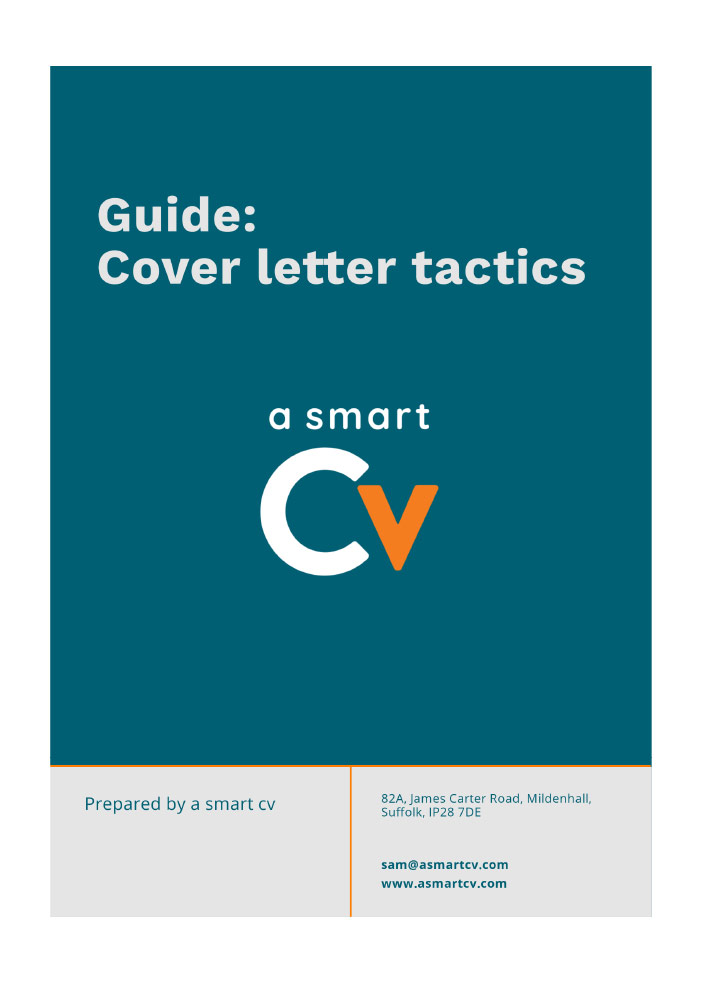
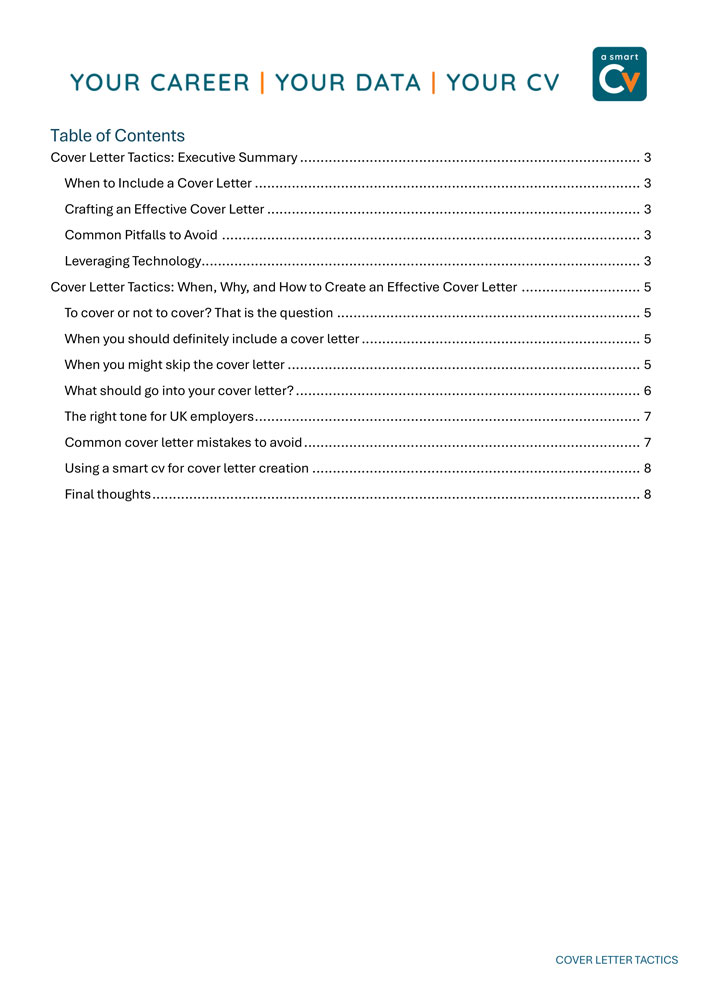
 PREVIOUS
PREVIOUS



